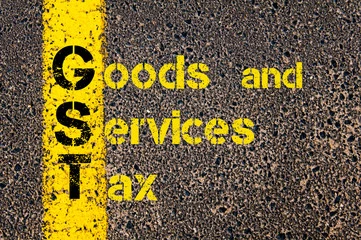Anti-profiteering is a consumer welfare measure under GST law. It is meant to ensure, that if there is a tax benefit available to the supplier, such benefit is passed on by the supplier to the receiver.
Let me give you an illustration. There is a particular supply which is taxable at the highest rate of tax, namely 28 per cent. For some reason the government wants to relieve the tax burden and it reduces the tax from 28 to 18 per cent. Effectively, this means that the particular supply should have lesser tax burden, but it is quite possible that instead of passing of this 10 per cent benefit, the supplier increases the prices so as to ensure that the net output for the supplier is the same which was prior to the reduction in tax.
It is here that the anti-profiteering law comes into picture. The law provides that if there is a reduction in tax liability, the benefit of price reduction should be passed on by the supplier to the receiver.
But this is not the only example. There is another example.
The second situation where anti-profiteering law applies is where credit becomes available to the supplier as compared to the past where credit was not available.
For eg. there are certain package supplies of agricultural commodities which were not taxed earlier. Now they are taxable with an input tax credit.
For eg., if someone is supplying rice in a package earlier it was taxed at 0 per cent, now it is taxable at 5 per cent with input tax credit. In this situation, the supplier is getting input tax credit which was not available earlier. The government expects that if there is any benefit to the supplier because of availability of input tax credit such a benefit should also be passed on by the supplier to the receiver.
So there are two situations in which anti-profiteering law applies, namely there is a reduction in tax liability or credit becomes available to the supplier. In both these cases the supplier is obliged by law to pass on commensurate reduction in prices and for this purpose a new authority is constituted under law called as national anti-profiteering authority.
The role of the authority is to examine each individual case and to come to an answer whether the supplier has passed on the benefit or not. If the benefit is not passed on, that authority can order penalty and other consequences for the supplier.

